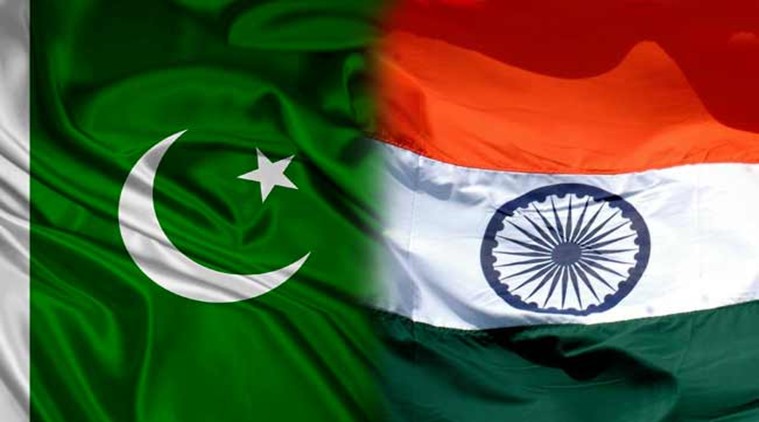 The government of Pakistan is focusing on formulating a robust foreign policy, adopting an approach of conflict resolution to improve relations with its eastern and western neighbors, among others.
The government of Pakistan is focusing on formulating a robust foreign policy, adopting an approach of conflict resolution to improve relations with its eastern and western neighbors, among others.
On September 22, India rejected the step of peace initiative taken by Pakistan government by making an excuse of the issuance of stamps of Kashmiri freedom fighters. Although the stamps were issued on July 24, a day before the general elections were held, the issue was raised by Indian media within 24 hours after New Delhi agreed to the meeting.
It is in India’s interest to cancel the talks for their domestic political advantage. India did not want to engage with Pakistan and used old tactics of blame-game and propaganda. They criticize Pakistan’s intentions, but nullified the importance of dialogue.
India wants its supremacy in the region by suppressing and isolating Pakistan. Pakistan’s government move of improving ties with neighboring Afghanistan and Iran and reviving strategic ties with China, Saudi Arabia, and UAE annoys India.
In South Asia, India and Pakistan are nuclear power states, which puts more responsibility on both states to make strategies to ensure the interests of the region. The attitude of the Indian media and India’s domestic politics instigates decision makers to issue harsh irrational statements. Such attitude is against diplomatic norms and interrupts stability between the two nuclear adversaries.
Pakistan government should use the United Nations General Assembly platform to draw the attention to Indian human rights violations against people of India-held Kashmir and India’s stubbornness in peace talks with Pakistan. Both countries should realize that the only way forward is regional connectivity through amicable ways.